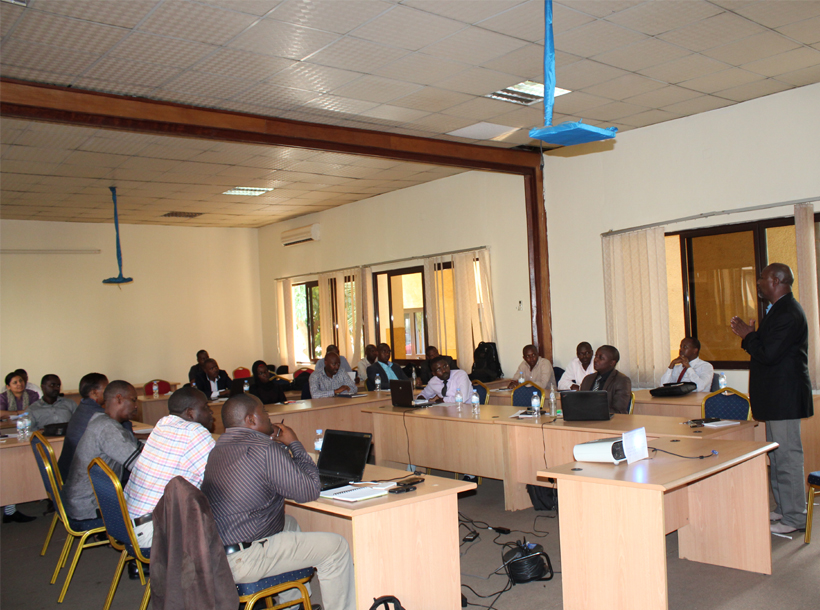- MODULE OBJECTIVES:
- To familiarize public servants how to behave correctly and how to interact and communicate effectively with different types of officials;
- Implement different variations in protocol and etiquette from different cultures, nations and regions;
- To familiarize them with the principles of international economics and providing with them a framework for consistent reasoning about international flows of goods, factors of production, financial assets, trade policy and monetary policy in open economy;
- providing an insight into the rules and principles of diplomatic and consular sphere and discuss the role of national power in international relations;
- developing negotiation skills and to argue and anticipate within the framework of an imposed negotiation mandate in the context of international community;
- to develop their intercultural awareness which is required to be a global-minded citizen;
2. MODULE BRIEF DESCRIPTION:
The module will provide participants with the knowledge on interactions that take place in the international system like the relationships between countries, states, nongovernmental organizations (NGOs), and multinational corporations (MNCs). It will help them understanding the cultural, political, and economic factors that play a role in global society, as well as strategies for protecting domestic interests through diplomacy. Participants will be provided with the essential knowledge of international relations and governance, therefore knowing main concepts (power, system, foreign policy, diplomacy, security, governance, globalization, international and nongovernmental organization, war and crisis, etc.) and how to use them properly. They will have knowledge on international cooperation, protocol and etiquette, international political economy, international law, international and supranational organizations and institutions. A discussion on how government decisions about trade, investment, debt and market developments impact people domestically and worldwide will open their mindsets. Special attention will be given to the problems experienced by poorer countries and responsibilities of developed nations to understand politics between states including sovereignty, balance of power, war, and economics. Issues that relate to the politics of global welfare, such as war, world poverty, disease, trade policy, environmental concerns, human rights, and terrorism will also be explored.
3. MODULE CONTENT
Session 1 | Protocol and etiquette | Session 5 | Public International Law and politics |
Session 2 | Diplomacy tips and tactics | Session 6 | International trade policies and the global economy |
Session 3 | Negotiation, cultural interactions and communication skills | Session 7 | Environmental sustainable development |
Session 4 | Bilateral and multilateral negotiation | Session 8 | International career development |
4. TARGET AUDIENCE
The targeted audience is junior and senior level diplomats, other government officials or experts acting as representatives of their governments in international organizations as well as government officers from specialized Ministries working on international issues (environment, security, trade etc.) and staff of non-governmental organizations (NGOs).
5. DELIVERY TIME AND VENUE:
Visit www.rmi.rw for the detailed Training Calendar. The venue and time may be adjusted according to the trainees' request, terms and conditions apply.
